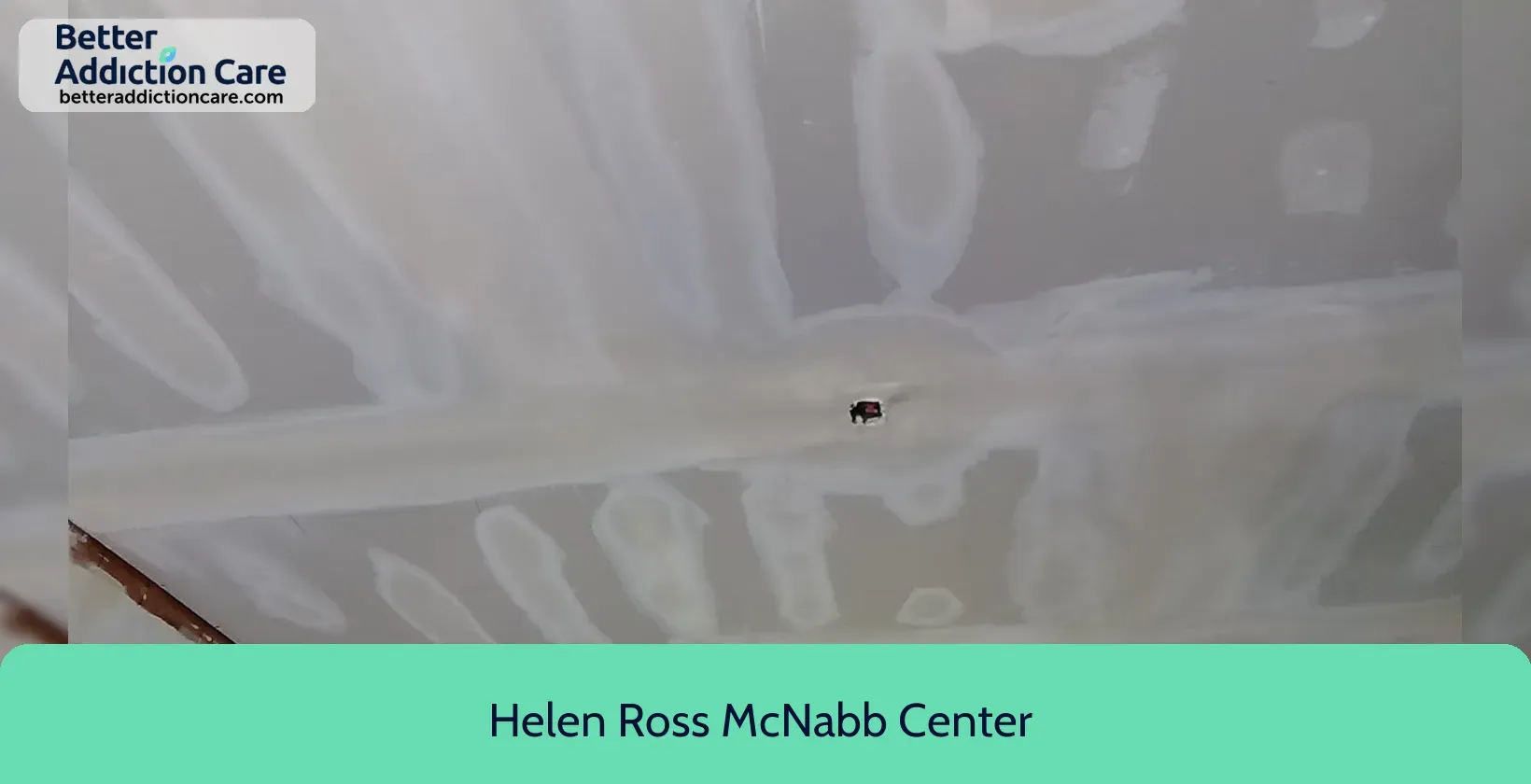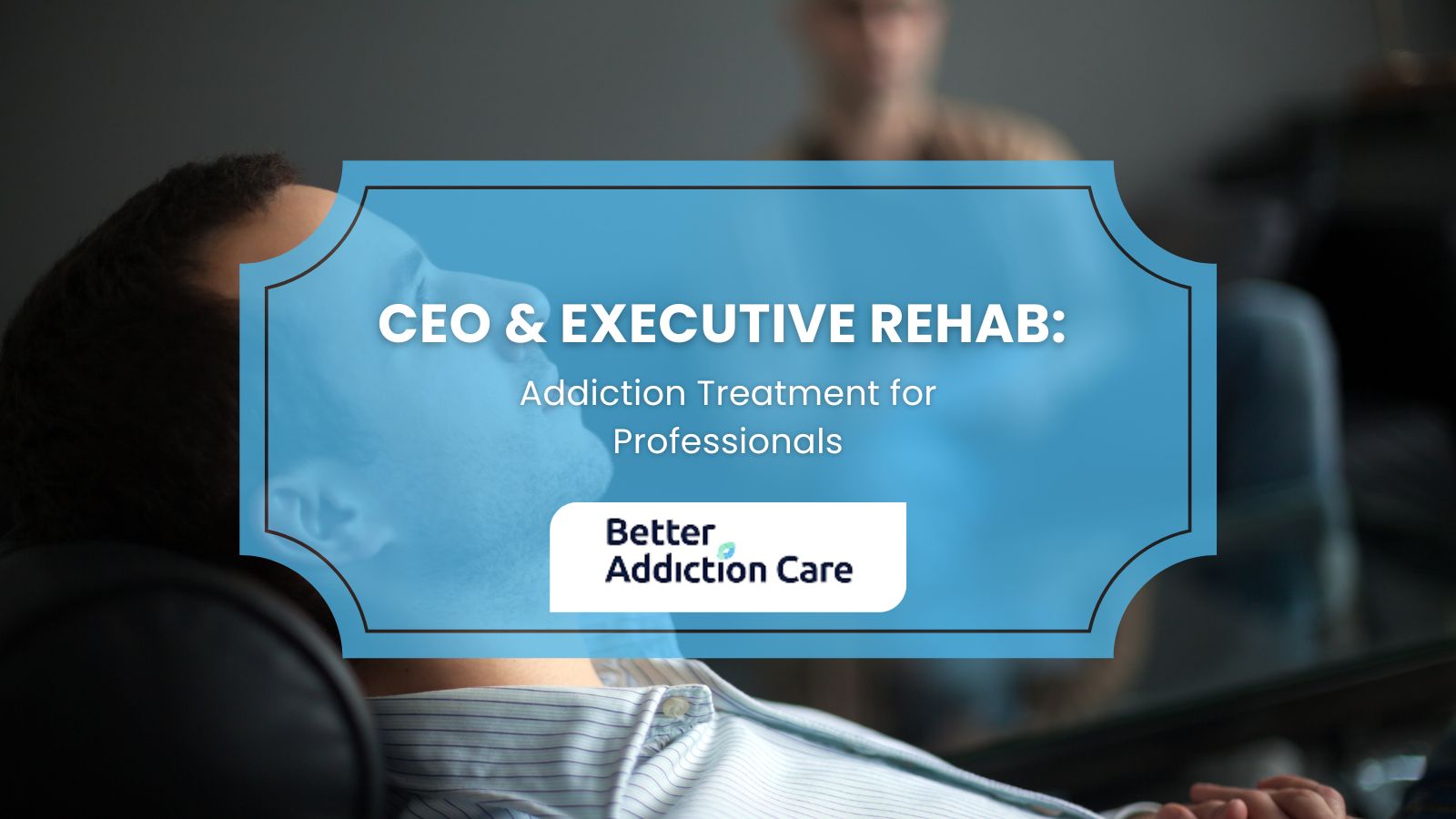Helen Ross McNabb Center - Hamilton County Adult Outpatient Center
Overview
Helen Ross McNabb Center - Hamilton County Adult Outpatient Center is a substance abuse treatment center for people seeking treatment near Hamilton County. As part of their treatment modalities for recovery, Helen Ross McNabb Center - Hamilton County Adult Outpatient Center provides family counseling, individual psychotherapy, and cognitive behavioral therapy during treatment. Helen Ross McNabb Center - Hamilton County Adult Outpatient Center is located in Chattanooga, Tennessee, accepting county or local government funds for treatment.
Helen Ross McNabb Center - Hamilton County Adult Outpatient Center at a Glance
Payment Options
- County or local government funds
- Community Mental Health Block Grants
- Community Service Block Grants
- Medicaid
- Other State funds
Assessments
- Comprehensive mental health assessment
- Comprehensive substance use assessment
- Screening for tobacco use
- Interim services for clients
- Outreach to persons in the community
Age Groups
- Adults
- Young adults
- Seniors
Ancillary Services
- Suicide prevention services
- Mental health services
- Social skills development
- Transportation assistance
- Case management service
Highlights About Helen Ross McNabb Center - Hamilton County Adult Outpatient Center
7.26/10
With an overall rating of 7.26/10, this facility has following balanced range of services. Alcohol Rehabilitation: 8.65/10, Drug Rehab and Detox: 6.92/10, Insurance and Payments: 6.27/10, Treatment Options: 7.21/10.-
Alcohol Rehabilitation 8.65
-
Treatment Options 7.21
-
Drug Rehab and Detox 6.92
-
Insurance and Payments 6.27
Accreditations
Commission on Accreditation of Rehabilitation Facilities (CARF):

CARF accreditation is a prestigious recognition for rehabilitation and human service organizations. It signifies that an organization meets high-quality standards and is committed to providing top-level care. CARF conducts rigorous evaluations to ensure compliance, enhancing an organization's credibility and reassuring clients and funders of exceptional service quality. This accreditation promotes excellence and continual improvement in the rehabilitation and human services field.
State mental health department:
State mental health department accreditation refers to the process of evaluating and certifying the quality and standards of a state's mental health department, ensuring that it provides high-quality services and meets specific criteria for mental health care. The accreditation process is performed by a third-party organization and helps to improve the overall care and treatment of individuals with mental health conditions.
State department of health:

State Licenses, issued by government agencies, authorize rehabilitation organizations to legally operate within designated geographical areas. The specific licenses required for operation are typically determined by both the nature of the rehabilitation program provided by the facility and its physical location.
Treatment At Helen Ross McNabb Center - Hamilton County Adult Outpatient Center
Treatment Conditions
- Mental health treatment
- Alcoholism
- Opioid Addiction
- Substance use treatment
- Co-occurring Disorders
Care Levels
- Intensive outpatient treatment
- Detoxification
- Aftercare
- Outpatient
- Regular outpatient treatment
Treatment Modalities
- Family counseling
- Individual psychotherapy
- Cognitive Behavioral Therapy
- Dialectical Behavior Therapy
- Group counseling
Ancillary Services
Languages
- Sign language services for the deaf and hard of hearing
Additional Services
- Pharmacotherapies administered during treatment
- Housing services
- Breathalyzer or blood alcohol testing
Special Programs
- Clients with HIV or AIDS
- Pregnant/postpartum women
- Active duty military
- Clients who have experienced trauma
- Clients with co-occurring mental and substance use disorders
Contact Information
Read our Most Recent Article About Drug Addiction
DISCLAIMER: The facility name, logo and brand are the property and registered trademarks of Helen Ross McNabb Center - Hamilton County Adult Outpatient Center, and are being used for identification and informational purposes only. Use of these names, logos and brands shall not imply endorsement. BetterAddictionCare.com is not affiliated with or sponsored by Helen Ross McNabb Center - Hamilton County Adult Outpatient Center.









